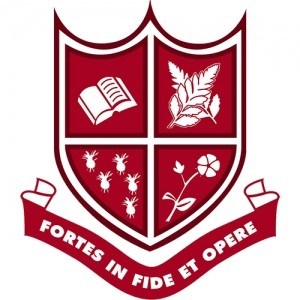Photos of university / #uwinnipeg
Physics is a fundamental science that explores the nature of matter, energy, space, and time. At The University of Winnipeg, the Physics (4 years) program is designed to provide students with a comprehensive understanding of physical principles through a rigorous curriculum that combines theoretical knowledge with practical laboratory experience. The program prepares students for a variety of careers in research, teaching, industry, and further graduate study. Throughout the four-year program, students will engage with core topics such as classical mechanics, electromagnetism, thermodynamics, quantum physics, and astrophysics, along with specialized courses in areas like condensed matter physics, computational physics, and optics. The curriculum emphasizes the development of analytical, problem-solving, and experimental skills, equipping graduates to analyze complex physical systems and contribute to technological advancements. Students will have access to state-of-the-art laboratories and research facilities, facilitating hands-on learning and undergraduate research opportunities under faculty mentorship. The program also encourages students to participate in internships, co-op placements, and collaborative projects with local industries and research institutions, enhancing their employability and practical experience. Additionally, students can choose to pursue a minor or specialize in interdisciplinary areas such as computational science or environmental physics, broadening their academic and career prospects. The university fosters a supportive academic environment with dedicated faculty members who are active researchers, passionate about mentoring students and advancing knowledge in their fields. Graduates of the Physics (4 years) program at The University of Winnipeg are well-equipped for careers in scientific research, engineering, data analysis, education, or for continued studies towards a Master’s or Ph.D. in Physics or related disciplines. The program’s emphasis on critical thinking, quantitative reasoning, and experimental techniques ensures that students are prepared to meet the challenges of a rapidly evolving scientific landscape and contribute meaningfully to society.


